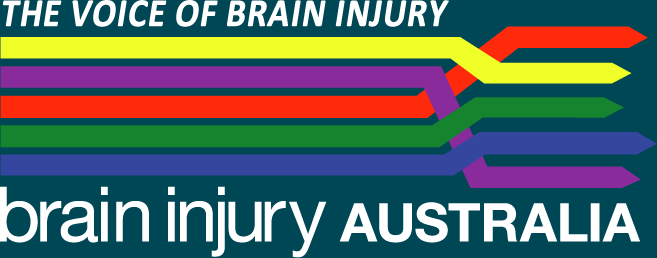Multiple sclerosis (MS)
Multiple sclerosis (MS) is a condition that affects the central nervous system (the brain and the spinal cord) in a variety of ways. MS may affect a person's mobility, their ability to coordinate muscles or their eyesight. It may impair functions such as bladder control, speech, concentration or memory. MS affects each person differently.
Scientists don't know what causes MS but they do know that it provokes an "auto-immune reaction". This means that the body fails to recognise its own tissue (in this case, myelin tissue) as part of itself and the immune system swings into action to destroy it, as it would any "invader" such as a virus or bacteria.
Most healthy nerve fibres are wrapped in myelin tissue, a fatty substance that insulates the nerves and assists the communication flow between the brain and the body. In MS, the myelin sheath becomes inflamed. Sometimes the inflammation dies down, but if it continues, the myelin is damaged and a scar forms. Scientists have called these scars "plaques" or "sclerosis" (from the Greek word for scar). This process is called demyelination.
The scars can distort or completely block the nerve impulses (the messages to and from the brain and body). The inflammation occurs randomly over time and throughout the central nervous system, causing scarring in many places.
Who Develops MS?
More than 16,000 Australians have MS. Symptoms usually appear for the first time between the ages of 20 and 50. Women are affected more often than men at a ratio of about 3:1.
MS is also more common in temperate zones. For example in Queensland, MS affects roughly 12 people per 100,000 compared to 76 people per 100,000 in Tasmania.
Treatment
There is currently no cure for MS. Treatment involves a combination of medication and therapies.
What is the Outlook?
MS is rarely fatal. Most people live a normal life-span. While some people become entirely dependent, many remain relatively independent and mobile over many years. There is a terrific amount happening in the world of international research, in which Australia is heavily involved.
More information
BrainLink is a community based care and education organisation focusing on the impact of acquired brain disorders.
Brain Link Fact Sheet: Understanding Multiple Sclerosis ![]() The above information is a short summary of parts of this fact sheet.
The above information is a short summary of parts of this fact sheet.
Multiple Sclerosis Australia is committed to:
- Enhance the quality of life of people with MS and reduce the impact of MS on the families and carers of those with Multiple Sclerosis.
- Maintain and increase its role as a leading not-for-profit organisation and a preferred charity in Australia for community and corporate support.
